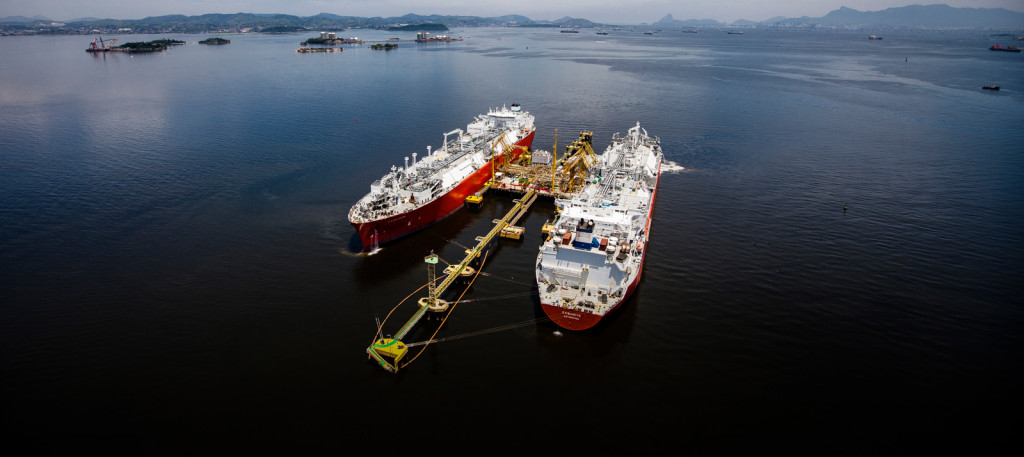
Colombian state-run oil company Ecopetrol plans to begin importing natural gas via a new liquefied natural gas (LNG) receiving terminal on the northern coast by the end of the year.
The project, to be developed at the Coveñas maritime terminal in Sucre department, will use a floating storage and regasification unit (FSRU) to bring imported LNG into the national transport system. Cenit, Ecopetrol’s transport subsidiary, received approval from the national environmental licensing authority to adapt existing offshore crude infrastructure for LNG use.
Ecopetrol said technical studies showed Coveñas was the fastest and most viable option compared to other import alternatives. A binding process to contract regasification services will begin in the coming days, with commercialization expected by December.
“This regasification project represents a decisive milestone for Colombia’s energy security in the short term and supports the growing integration of renewable energies,” Ecopetrol CEO Ricardo Roa said in a statement.
No details were provided about the terminal’s expected cost or capacity.
In June, Roa said the company was moving forward with plans for up to two new LNG import terminals on the Caribbean coast.
In addition to the Coveñas project, Ecopetrol is considering using existing infrastructure for a regasification plant near the Chuchupa and Ballena gas fields in La Guajira department.
Confirmation of the Coveñas initiative comes seven months after Ecopetrol said it signed a services contract with Puertos, Inversiones y Obras (PIO) for the construction of an LNG import terminal in Buenaventura on Colombia’s Pacific coast.
The Bogotá-based company expects the facility to begin operations in the second or third quarter next year, with storage capacity of 60–100 million cubic feet per day (Mf³/d).
The LNG expansion plans coincide with rising fears of a looming gas shortage. Data published by natural gas market administrator BMC shows Colombia faces a supply deficit of 76.5 billion British thermal units per day (BBTU/d) in 2025 and 190BBTU/d in 2026.
The situation has been exacerbated by a sharp drop in gas reserves, which declined 13% in 2024 to 2.064 trillion cubic feet (Tf³), according to official figures.
(The original version of this content was written in English)
